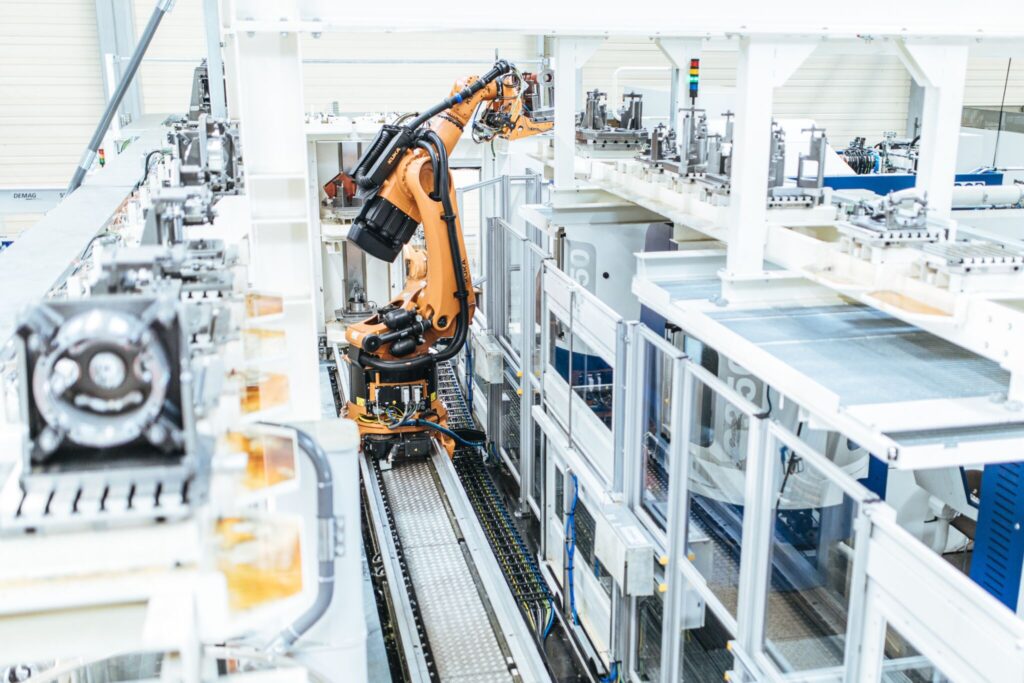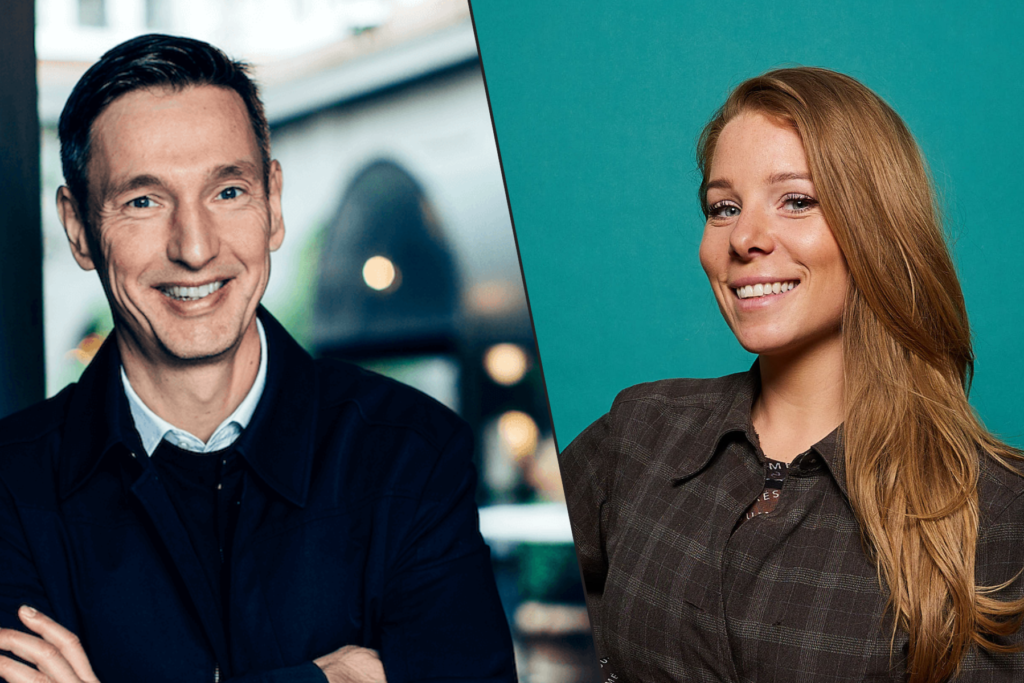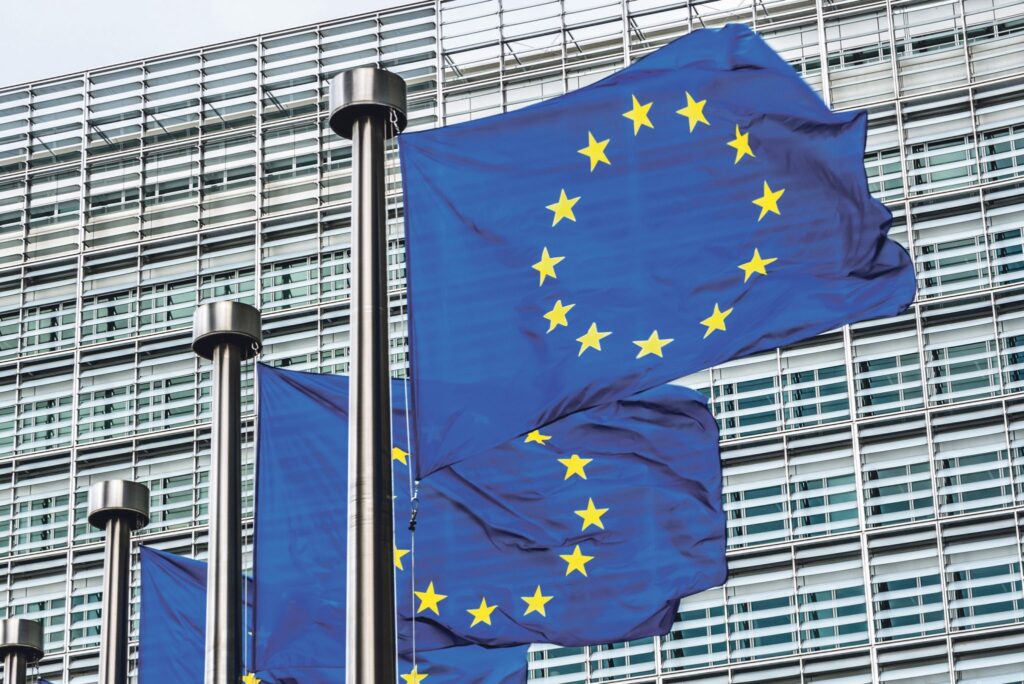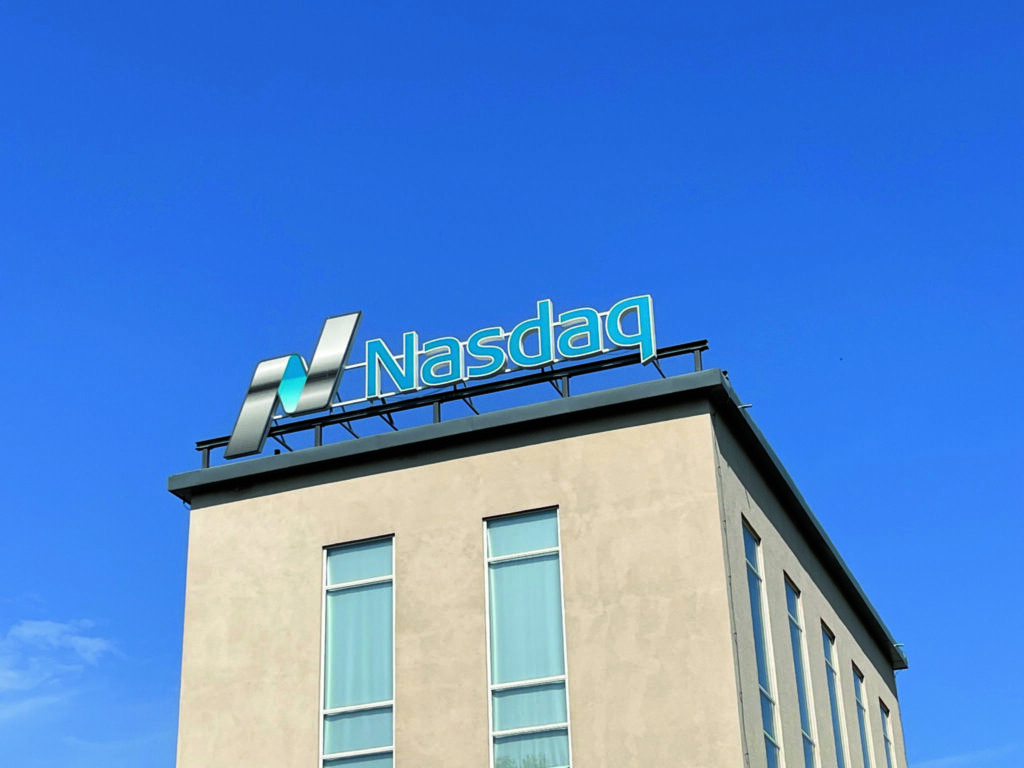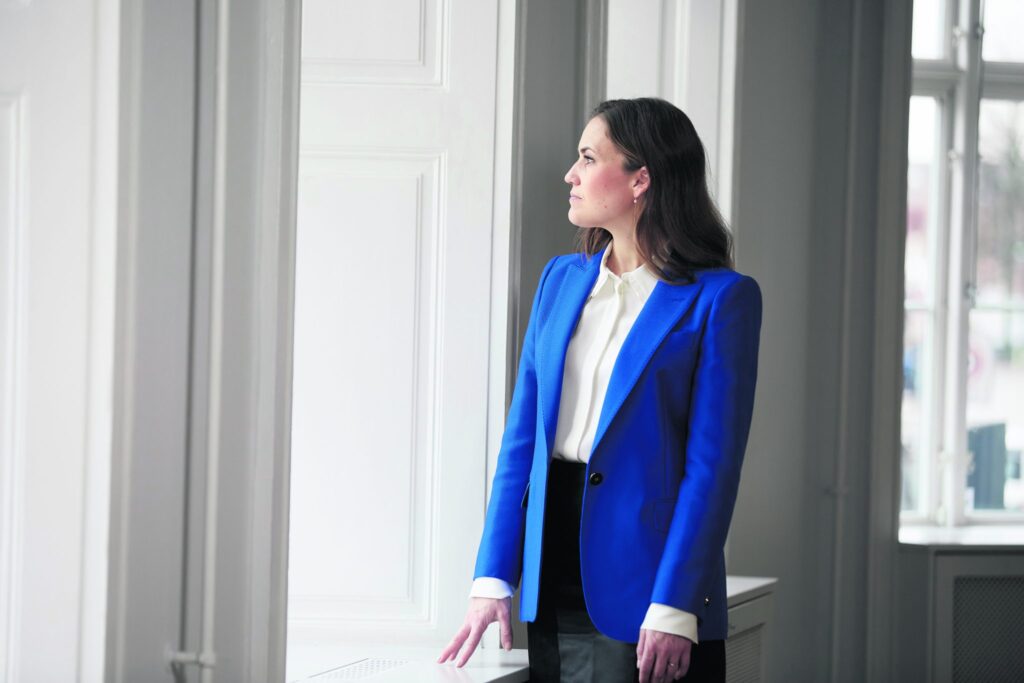Invest

Stricter Rules Set To Slow Down Certain Foreign Investments In Europe And The Nordic Countries
04/11 - Flemming Østergaard
It was neither the Russians nor the Japanese who took over the whole world. The Soviet Union disintegrated and Japan experienced an unparalleled financial collapse. But developments in the wake of the fall of the Berlin Wall paved the way for others. Liberalization and globalization accelerated, increasing capital movements across national borders and massive outsourcing from the West to low-wage economies around the world.
Globalization has brought hundreds of millions of people out of poverty. It has also spread supply chains across the globe, thus making the global economy and individual countries more vulnerable to regional crises, as illustrated by the COVID-19 pandemic.
And not least, globalization has given great economic and political power to countries other than the West. Western dominance is fading, and a new world order is still evolving with China at the forefront. The one-party state has experienced tremendous growth for many years and is expanding on many fronts. Supported by One Belt, One Road and Made in China 2025 – plans to ensure China a better connection to Asia, Europe and Africa – as well as continuing focused efforts to place China at the top of the world’s value chains in strategically important areas.
China is coming. But so is Russia, the Middle East, and others who do not share the same values as Western democracies – and all are aware of the importance of critical resources, emerging new technologies and the key importance of access to infrastructure.
That worries the other two great powers – the United States and the European Union. In recent years, the EU has launched plans for strategic autonomy – plans to ensure the EU’s role in the new world order with increased protection of critical infrastructure and a stronger degree of self-sufficiency in, and staying in, control over a number of other strategically important areas.
Part of this development is about limiting foreign direct investments (FDI). FDI is carried out by companies across national borders and creates direct, stable and long-lasting economic connections between economies. For business and the national economy, FDI is an important parameter. It allows companies to make important investments in foreign companies, projects, joint ventures, strategic partnerships, etc. FDI is particularly important for open economies such as the Nordic countries, which are heavily dependent on close cooperation with foreign companies and do not always have access to the necessary capital.
FDI can become a threat
The downside of FDI is that it can become too much of a good thing. In Europe, there is frustration that high-tech companies are often bought up by American giants or others outside Europe before they grow to become ’champions’. But what has caused the most concern is that Chinese companies in particular are able to make many acquisitions in Europe, including in critical infrastructure. There are several examples of Chinese state-owned enterprises acquiring European ports, electricity networks and other critical infrastructure. The Chinese own almost 9 per cent of Thames Water. In Greece, they have the controlling stake in the port of Piraeus, and in Portugal they have taken over the bank BCP, the insurance company Fidelidade and REN, which controls the electricity grid. And in this decade, Swedish Volvo, Italian Pirelli, French Club Med and German Kuka and KraussMaffei have also ended up in Chinese hands. In Germany, there have also been examples of Chinese statebacked companies buying high-tech companies, aiming to bring the technologies home to China. In recent years in particular, there has been an increasing focus on the fact that FDI in this way can pose a threat to national security and public order. The COVID-19 pandemic created increased political awareness around the issue as it made many companies vulnerable to acquisitions from foreign companies. In March 2020, the European Commission issued a guide on the use of FDI screening in times of health crises and economic instability. And in October 2020, an EU regulation entered into force that sets certain minimum requirements for the national rules on FDI screening that member states can put into effect. Centralized EU screening is not in the cards, in contrast to USA’s CFIUS – Committee on Foreign Investment in the United States. In the EU, individual countries are allowed to set their own rules for screening. FDI screening is about a country being able to make restrictions with a special focus on critical infrastructure and critical technologies, which can mean that a foreign company’s investments are not allowed. Under EU rules, however, individual Member States can only ban investment if it poses a threat to national security or public order – either in the individual country, in several EU countries or in the EU in general.

Danish legislation is currently among the strictest
In Denmark, a new law has entered into force as of 1 July 2021, which covers all investments and certain “special economic agreements” from 1 September 2021. And it is a law that is currently among the toughest in the EU. ”It’s not going to stop FDI. But this means that Denmark is going from being one of the world’s most open economies to being one of the most formally closed. Because a system is being introduced with a wide scope, where foreign companies must have a permit and go through a longer approval procedure, presumably of up to 60 days or even longer, which may mean that they look for attractive investments in other countries instead. It is positive that we are introducing rules that regulate who can gain control of our critical infrastructure, but in my opinion the new screening system goes too far, and the framework is too broad,” says Nikolaj Juhl Hansen, lawyer and partner at Magnusson, a business law firm with offices across the Nordics and Baltics.
The Danish government’s arguments for introducing a ’robust’ screening system at the ’more restrictive end’ of what has been seen in the EU include concerns about investments from China, Russia and investment funds in the Middle East. But also, specific events such as the sale of a stake in DONG to Goldman Sachs and the sale of the Danish state’s vaccine production to a buyer with roots in Saudi Arabia have played a role. The other Nordic countries have also tightened up. In Finland, a system has been introduced which was expanded quite significantly in the spring of 2020 in light of what in a COVID-19 age is deemed critical infrastructure and technologies. And in Sweden, new rules are on the way in the autumn. In Norway, a new law was introduced as early as 1 January 2019, which, however, does not aim at specific sectors, but allows the Norwegian authorities to block FDI if it’s considered to be a threat to national security. The law has been put into use this year when the marine engine factory Bergen Engines, owned by Rolls-Royce (owned by BMW), was in the process of being sold to a Russian company. But Bergen Engines is a supplier to the Norwegian navy, and therefore the Norwegian government chose to block the deal for security and defence reasons. “The trend in most European countries is that, especially after COVID-19, more sectors, more technologies and more infrastructure are defined as critical. If you had made the rules five years ago, you probably would not have included vaccine production, but you do today. A lot of fintech companies will also be affected because payment systems are critical infrastructure. If you look at personal sensitive data that is also regulated by the new screening law, this means that many tech companies will be affected by it. In the Danish model, the fishing net has been spread far too widely on critical technologies. All companies that develop or produce advanced industrial robots, for example, are also within the definition of critical technology. This means that the foreign investments you have seen in the robot cluster in Odense will no longer be possible without them being approved,” says Nikolaj Juhl Hansen, who together with his colleagues at Magnusson’s other offices in the Nordic and Baltic countries see FDI rules, mushrooming up in different shapes and sizes country by country, contributing to a significantly increased complexity in cross-border investment transactions. However, the lawyer does not believe that the new legislation will prevent the sale of companies such as Universal Robots, but he points out that the owner of Universal Robots has had a transaction stopped in France because the French company’s products could be used militarily. In France, the interior minister also intervened when Canadian Couche Tard – that owns Circle K in Denmark – planned the purchase of supermarket giant Carrefour. The minister said that Carrefour was critical French infrastructure within food distribution. The transaction was not completed. Among the challenges posed by the new legislation is that it can limit friendly investments in the Danish business community, Nikolaj Juhl Hansen points out.
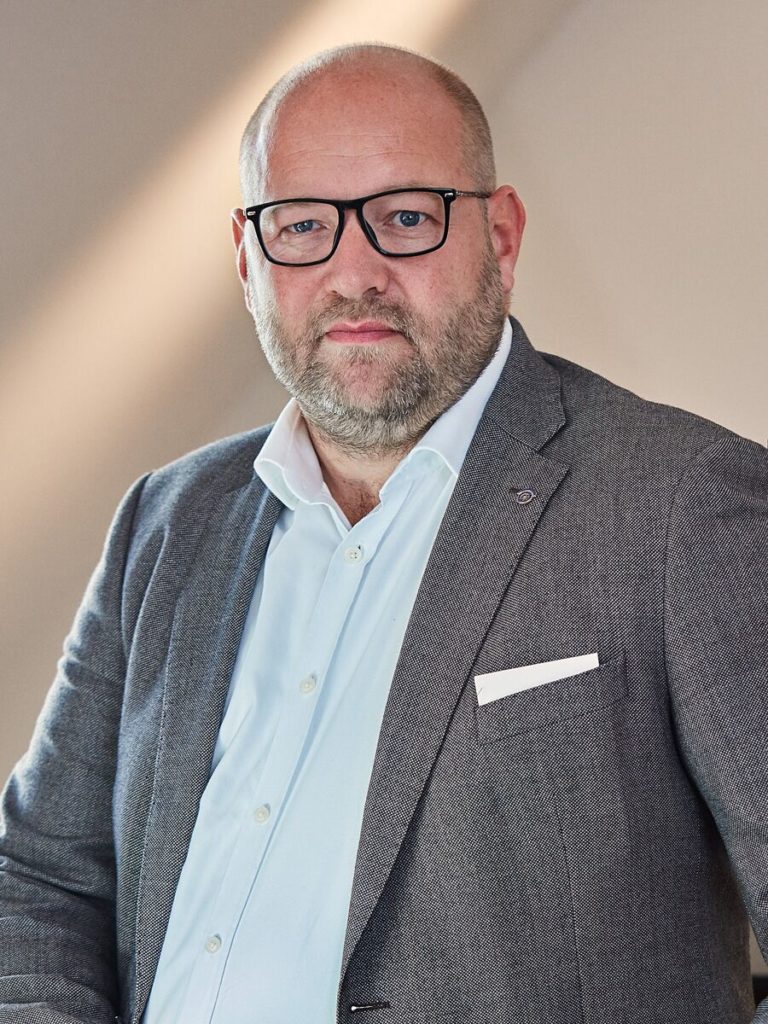
”That is the biggest problem. A system has been created with rules so strict that someone dubbed it ‘trawling where fly fishing is required’. The rules even include investments from EU countries, which Confederation of Danish Industry and Danish Chamber of Commerce called for to change in the consultation process,” says Nikolaj Juhl Hansen. The new rules may also have an impact on the entrepreneurial environment in Denmark. Denmark is known for having relatively less capital for start-up companies than is needed, which is why some apply to Swedish, American, English and other foreign investors. The new legislation will be able to give Danish investors and investment funds a comparative advantage, but it will create less competition and may weaken entrepreneurs’ opportunities to raise capital on the same favourable terms.
Who gets hit?
The starting point for the EU screening plan, adopted in March 2019, is the protection of critical sectors and areas. It is about critical infrastructure, critical technologies, supply of critical inputs such as energy, raw materials and food, access to sensitive information or the ability to control information, including media freedom and pluralism. In practice, this means that among the areas that are particularly in focus are the defence industry, advanced industrial robots, certain forms of artificial intelligence, Power to X, Fintech, IT security, generally critical infrastructure suppliers as well as companies that have dual-use products in the portfolio, Nikolaj Juhl Hansen points out. “Dual-use products in particular will present challenges in screening. These are companies that produce products that can be used for both military and civilian purposes – regardless of whether the military production only makes up 1 per cent of the company’s turnover.” When it comes to really big investments, the companies involved are used to competition authorities assessing the deal, which takes time. However, the new legislation hits the way of thinking and doing business, as many SMEs and family owned businesses who are now deemed to be involved with critical infrastructure or technology do not see themselves as such – and it will hit them so that they are not able to act across national borders in a globalized world as they are used to. In that sense, Nikolaj Juhl Hansen believes that the legislation will be toughest for small and medium-sized companies, because they are used to operating more freely and with a much less complicated sets of rules. Time will tell how the Danish Business Authority and the other authorities in the Nordic region and other European countries handle screening of FDI. The hope is that it will be a relatively smooth and fast procedure without it becoming inhibiting and directly blocking many investments between developed countries. But it is difficult to ignore the need for new rules. A new and more complex world order is establishing itself in a global race for technology and resources.

